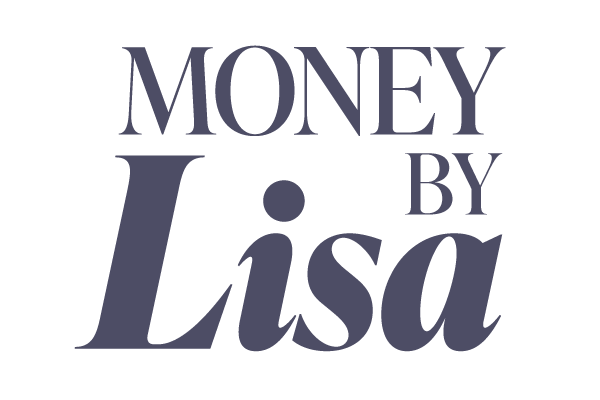We’re All Still Miserable
Last year I wrote on Medium about how public policy can be a tool to create happiness. The taking-off point was the just-released annual World Happiness Report. In 2021, the US was the 14th ranked country for happiness; we are now 16th. We are still rather miserable.
One of the factors of happiness that I explored last year was “agency.” I wrote that one of the tenets of happiness research (yes, it’s a thing) is that people report greater happiness when they have more control over their lives. The more agency you feel over your circumstances, the happier you are. We see this in the World Happiness Report in which one of the six metrics is “freedom to make life choices.”
My Medium post went on to describe how governments can contribute to, or alternatively, detract from the pursuit of happiness by either increasing the ability of citizens to exercise agency or diminishing the possibility of agency.
But as we wait for policymakers to act, what can we do in the meantime? In my last blog post, I wrote about flexibility; that is pretty much a mantra for me. (At least as far as personal finance goes; less so for yoga.) Money, correctly positioned, buys flexibility. Flexibility equals the ability to exert control over your life choices. That is the definition of “agency.”
I would go as far as to hypothesize that the reason why the word “budget” is such a downer for so many is that it represents the death of freedom. It screams of a lack of agency.
But it’s not. The guardrails that we put around our spending today are what allow us to freely exercise choices tomorrow. And I do mean tomorrow, not decades from now. Your ability to take that gamble on a new job, move to a new city, or take a work sabbatical comes from the freedom that you bought yourself today…by spending less and to the greatest extent possible, avoiding debt. Yep, the boring stuff.
They say that money cannot buy happiness, which is true…ish. (In fact, research tells us that there are diminishing returns to contentment above about $75,000/year.) But I think we can all agree that a zero bank balance definitely causes unhappiness. Understanding “why” is key. A non-existent savings account means that you lack the ability to freely make choices in your life. And that just sucks.
Does achieving financial wellness guarantee happiness? Probably not. But it’s a pretty good start!
